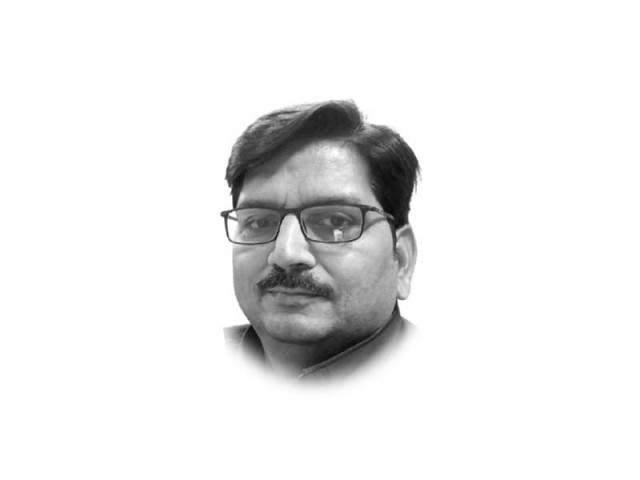Ralph Nader: champion of public good
Nader also fought for safer products, cleaner environments and more accountable institutions.

The voice-over at the start of the Bollywood movie The Sabarmati Report says its thesis statement: "The wise study history but only the rebellious change it."
The two conflicting views on the impact of human effort are as follows: One can change a system through one's individual effort or a system must be nourishing enough to let human effort work to its full potential. The exponents of the former opinion are ready to toil and moil to fulfil their dreams while supporters of the latter think up excuses and deliver jeremiads at the frustration of their half-hearted efforts.
In such an era where optimism is often eclipsed by cynicism and voices of the people are muffled in the din of powerful corporations, Ralph Nader, an American political activist, shows what one determined individual can accomplish for the common good. For over half a century, Nader has crusaded relentlessly for public interest, challenging corporate greed, state negligence and societal apathy.
Nader is the champion of consumer rights. His career as an activist began with a seismic impact. His 1965 book, Unsafe at Any Speed, proved an exposé of the auto industry's utter disregard for safety, treating Chevrolet Corvair as a case study. The book not only prompted hearings at the Congress but also brought about the creation of the National Traffic and Motor Vehicle Safety Act. Owing to Nader's dogged advocacy, seat belts, airbags and other safety features became standard in vehicles, saving countless lives.
Nader also fought for safer products, cleaner environments and more accountable institutions. The Freedom of Information Act, the Occupational Safety and Health Administration, and the Environmental Protection Agency speak volumes of his concern and struggle for public welfare.
What makes Nader exceptional is his refusal to accept limits on what can be accomplished. He has time and again routed the Goliaths of industry and government with nothing more than his intellect, tenacity, and commitment to justice and fairness. He helms his campaigns on a wide range of issues from nuclear safety to corporate malfeasance, from healthcare reform to electoral integrity.
Nader's journey of struggle cannot be confined to a single issue or era; he is a polymath of public interest. Organisations like Public Citizen, the Centre for Study of Responsive Law, and the Public Interest Research Groups (PIRGs) endow citizens with the power to hold corporations and governments accountable.
He sought legislation in the field of environmental protection and achieved the passage of the Clean Water Act and the Clean Air Act. His refusal to back down and turning moral outrage into meaningful action make him a successful humanistic activist.
While some criticise Nader for his stubborn stances as usually happens with the dissidents - most notably in his presidential campaigns, where detractors argue he siphoned votes from major party candidates - his legacy, however, transcends electoral politics. To empower people to affront the entrenched powers that hinder the former's progress is the summum bonum of his activism. He as a driving force behind his campaigns raised awareness of structural change rather than securing office.
Here, he stands in stark contrast to Meta's CEO, Mark Zuckerberg, who has recently announced the removal of fact-check from his social media platforms, apparently to appease the president-elect Donald Trump. Maria Ressa, the Nobel prize-winning journalist, said that Meta's change in policy would lead to a 'world without facts' and safety.
Nader envisions the future where corporate power is countered by citizen power, where the environment is a legacy, not a liability and where democracy is nothing but the will of the people. To him, democracy is not a spectator sport; it is a participatory act that requires public vigilance and effort.
Ralph Nader's accomplishments underline the ethos that success becomes inspirational when we prioritize the public good over private gains. We need leaders like him, organizations like those he founded and citizens like "Nader's Raiders" who stand up for what is right. 'Moral courage is the highest expression of humanity': he epitomises his words.













COMMENTS
Comments are moderated and generally will be posted if they are on-topic and not abusive.
For more information, please see our Comments FAQ